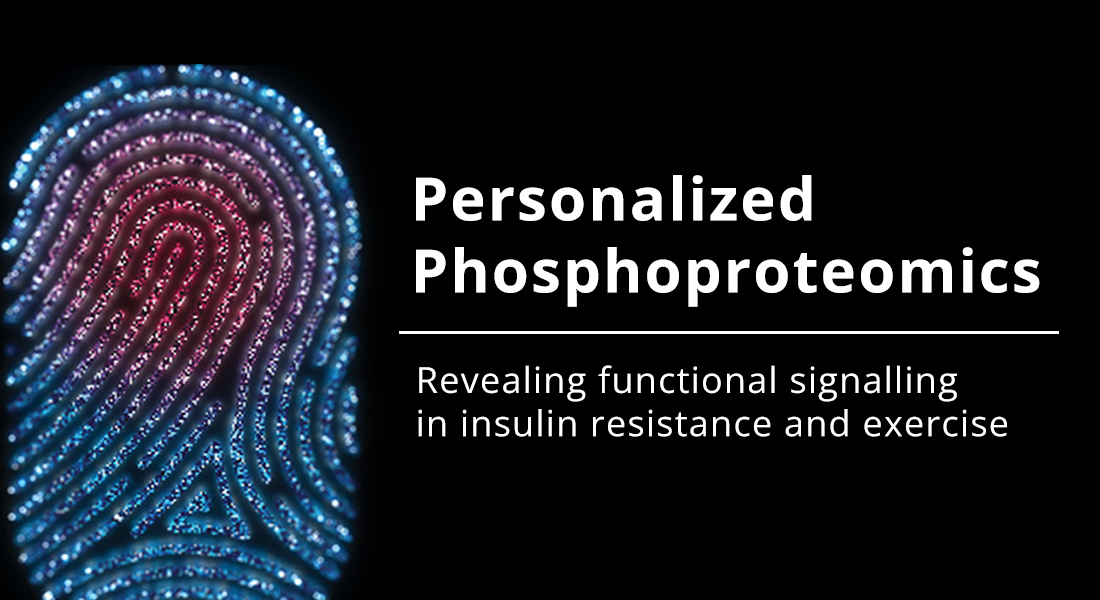New study unravel novel insight to muscle insulin resistance and the insulin sensitization effect of exercise
Insulin resistance remains one of the biggest health problems in our society serving as a gateway to many diseases like diabetes, cardiovascular disease and various cancers. Extraordinarily, we still do not have muscle insulin sensitising drugs readily available for use in humans in large part due to our lack of understanding.
In a new study, researchers from University of Copenhagen, University of Sydney together with researchers at Pfizer Inc. (Boston) unravels new information about the cause of muscle insulin resistance through highly sophisticated omics methods in humans.

These findings include:
- Unforeseen diversity in metabolic responses between individuals.
- New molecular features of insulin resistance including the cellular pathways that regulate disposal of damaged proteins.
- Identifying a protein encoded by a known Type 2 Diabetes protective gene is regulated by insulin signaling
“Recently we coined the methodology ‘Personalized Phosphoproteomics’ combining deep phenotypic characterization with sophisticated tissue omics technology. This novel methodology revealed functional signalling events in insulin action in humans. Building on these prior achievements, we now explore the insulin resistant phenotype to pin-point signalling defects in this condition”, says Professor Jørgen Wojtaszewski from Department of Nutrition, Exercise and Sports at University of Copenhagen.
100 years ago it was postulated – and later shown – that even a single exercise bout markedly improved insulin action in prior exercised muscle. Here, researchers reveal that this significant effect of exercise works perfectly well in insulin resistant individuals. In addition, the study reveals a range of candidate signalling molecules that potentially are responsible of this insulin sensitization and thus offers potential new pharmacological drug targets.
“We are thrilled about this study and the outcome. It perfectly expands on our originally study and provide validation of the fundamental insights in human biology that can be harvested from Personalized Phosphoproteomics. We are also very pleased to see that other groups in the field have been inspired by us and started to take on Personalized Phosphoproteomics in exploring human biology”, says Professor Jørgen Wojtaszewski.
The study ‘Personalized Phosphoproteomics of Skeletal Muscle Insulin Resistance and Exercise links MINDY1 to Insulin Action’ was published in the recognized scientific journal Cell Metabolism.
The study was performed in an international collaborative effort involving the groups of Professor Jørgen Wojtaszewski (University of Copenhagen) and Professor David James (University of Sydney) together with researchers at Pfizer Inc. (Boston).
Talented young researchers have been key drivers of the project incl. Postdoc Elise Needham and Associate Professor Sean Humphrey, both from University of Sydney, and PhD Janne Hingst, PhD Student Magnus Leandersson, and postdoc Johan Onslev, all from University of Copenhagen.
Contact
Professor Jørgen Wojtaszewski
Department of Nutrition, Exercise and Sports
University of Copenhagen
Email: jw@nexs.ku.dk
Telephone: +45 2875 1625
